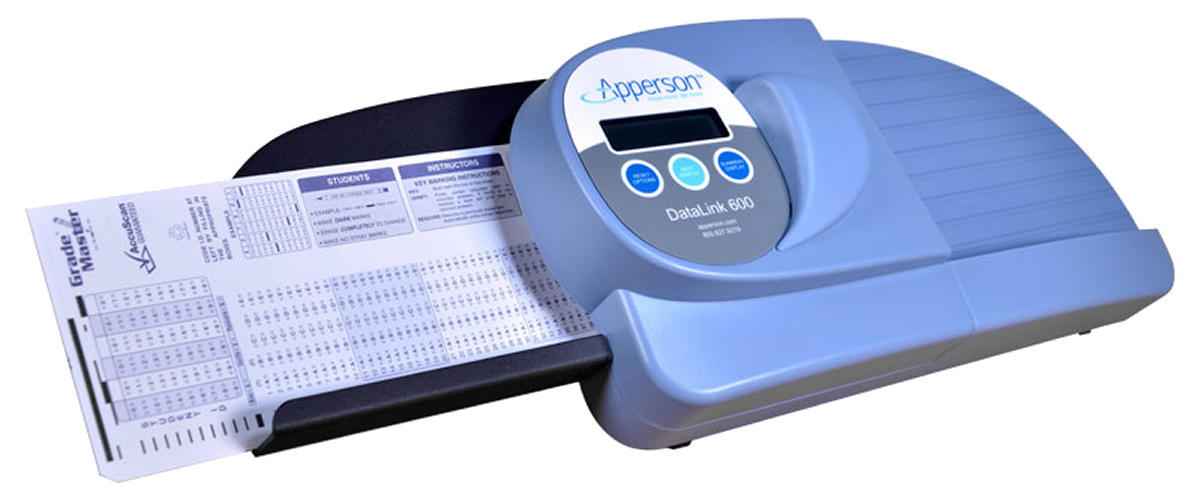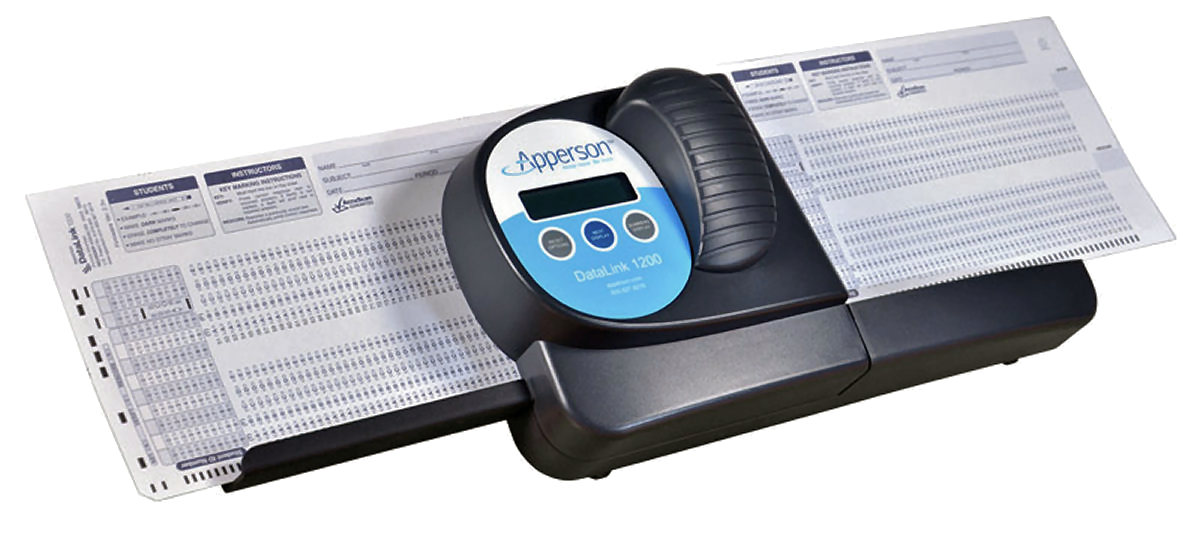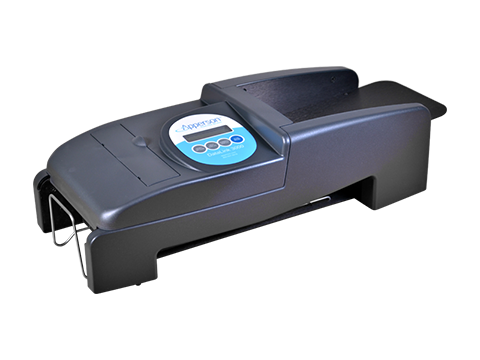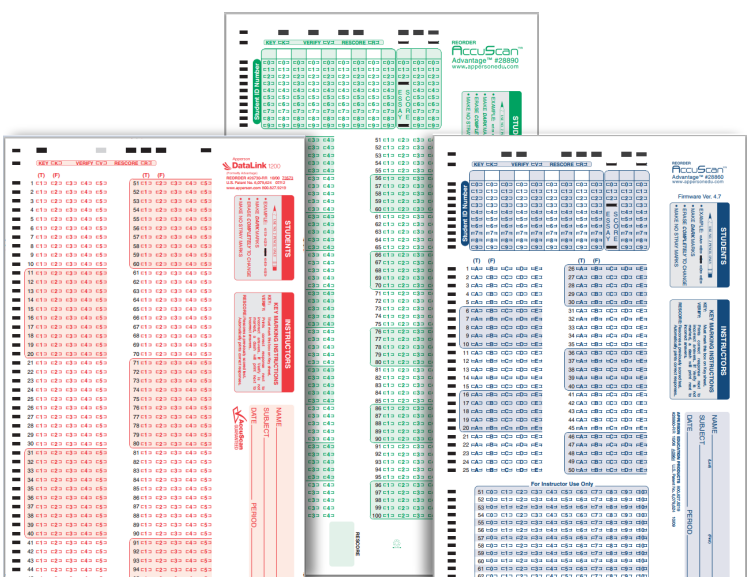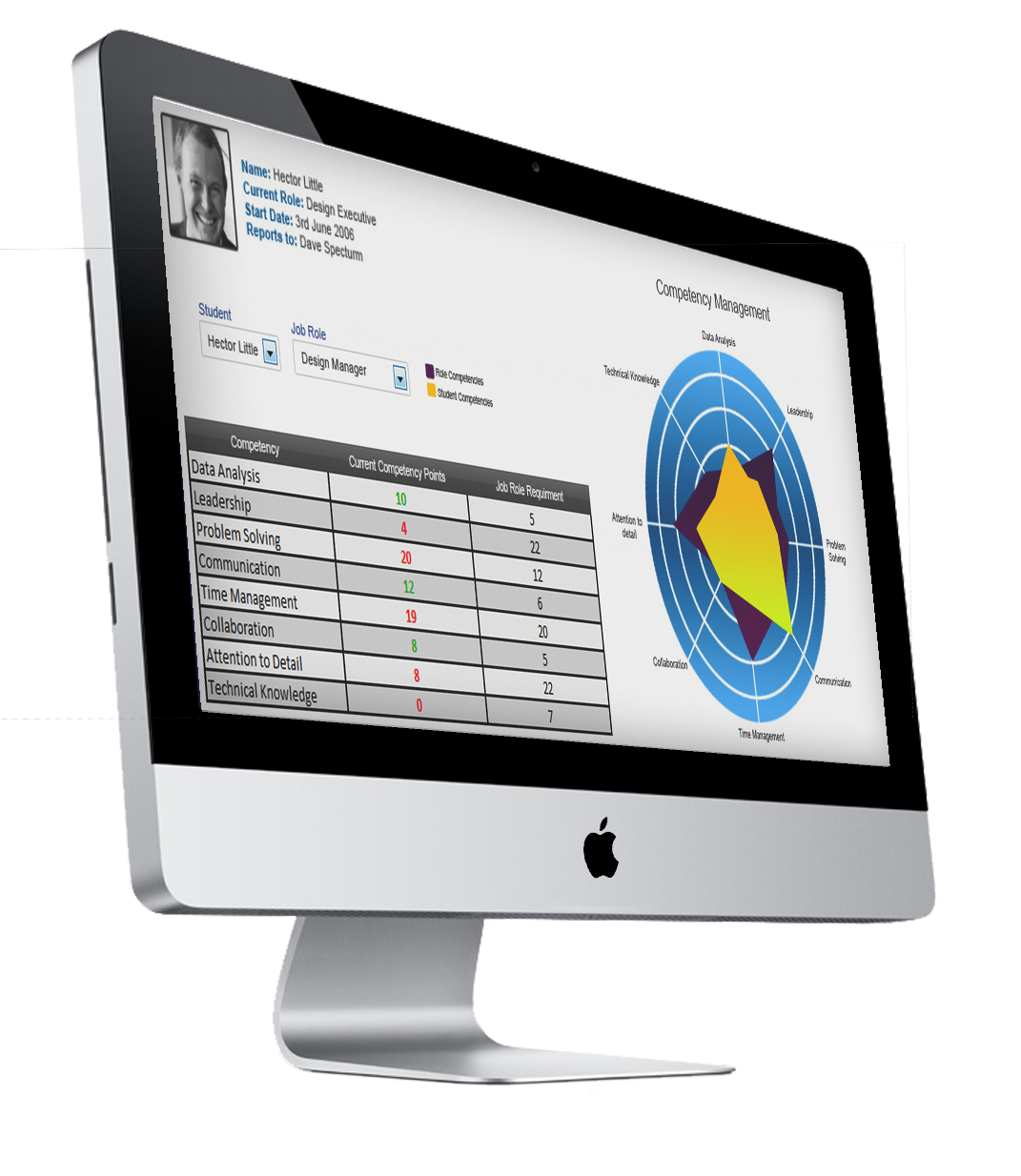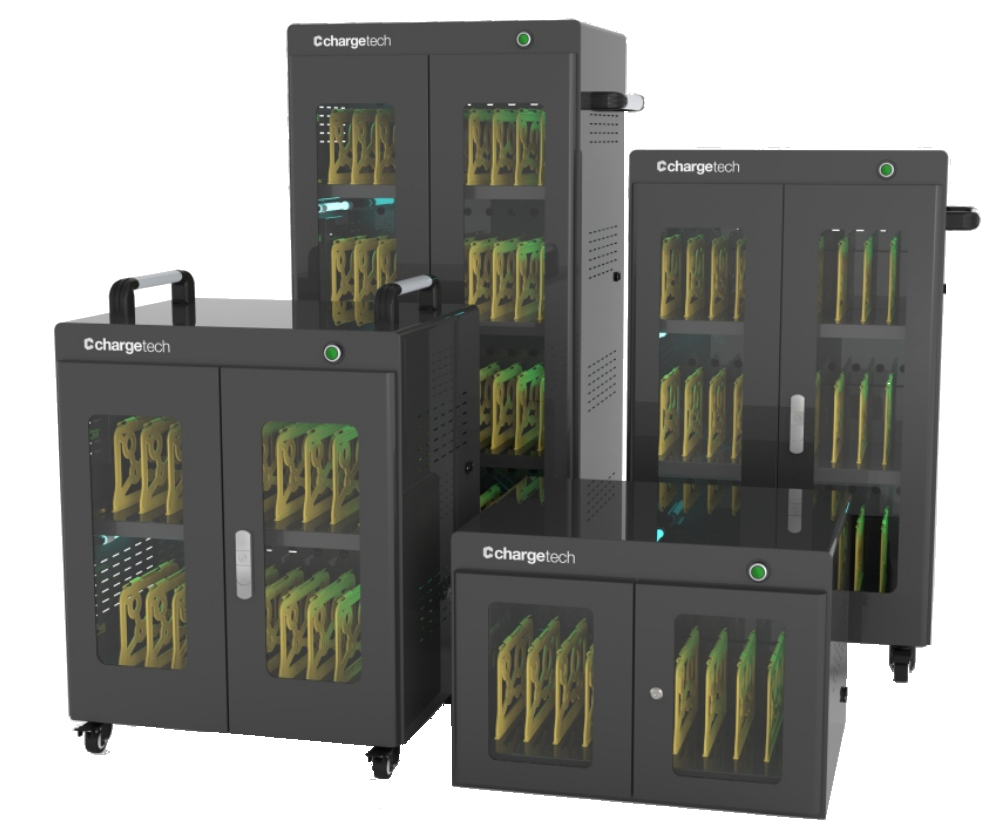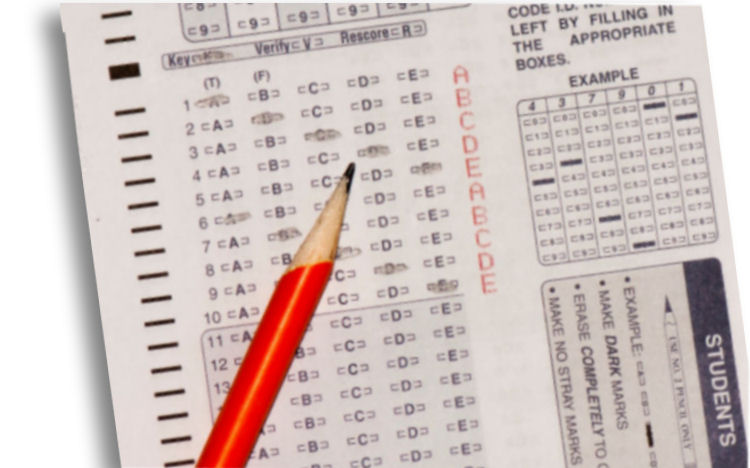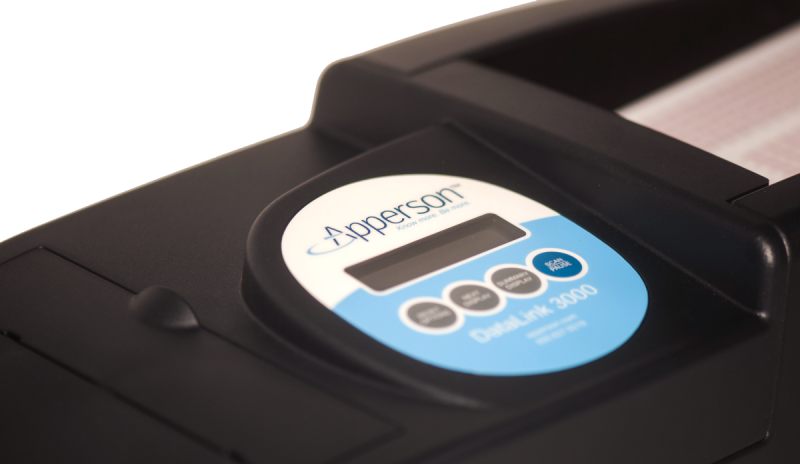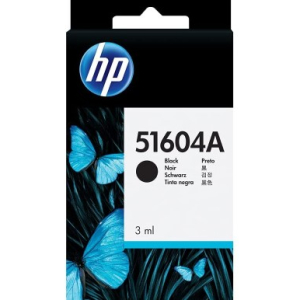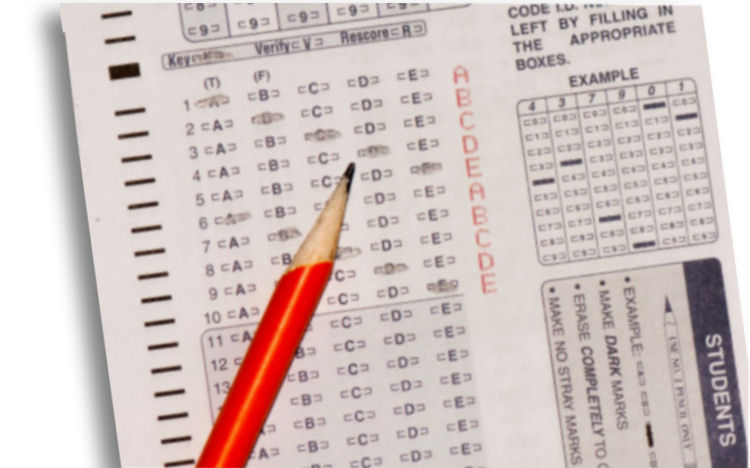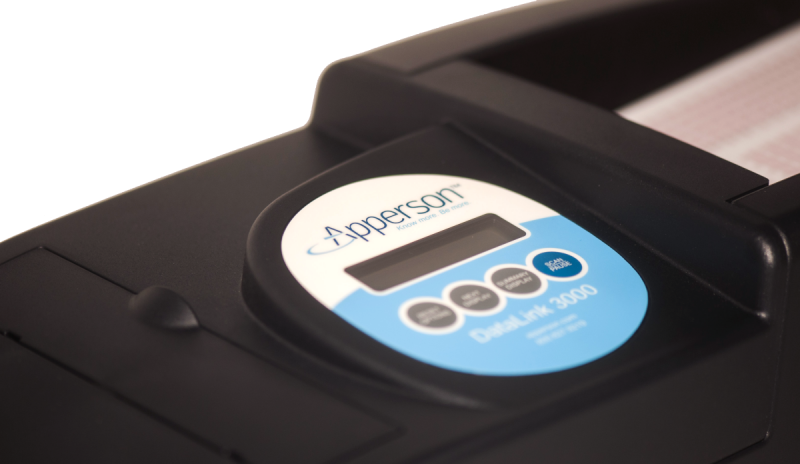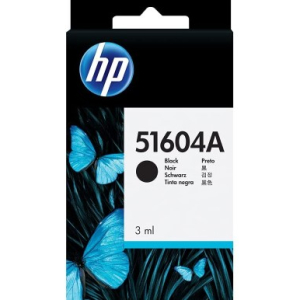CAMtria On Demand Distribution
Take advantage of our services
Let us search for your items
While you move on to your next sale
CAMtria
On Demand Distribution
Take advantage of our services
Let us search for your items
While you move on to your next sale
Who we are
CAMtria is an on-demand independent distributor that can help you increase margins and win more deals! Our team can help you source current, hard-to-find and recently discontinued products from a variety of manufacturers. Our expertise in finding these products below current distribution pricing will benefit your company and your customers.
CAMtria specializes in offering you retail, bulk and refurbished products from a variety of distributors and manufacturers; allowing you to procure items from a tight circle of trusted vendors at considerable discount.
Contact CAMtria for items that will cost you hours in research. Hand it off to us, and move on to your next sale.
All new product comes with full manufacturers' warranties. We are also able to offer you extended service coverage from many of the largest manufacturers.
All bulk and refurbished product comes with a 30-day DOA warranty, unless otherwise stated.
Get in touchAbout Us
About Us and What we do
Why have a relationship with us
There are plenty reasons why!
Our biggest priority is customer service. We are not interested in selling you one item, we want to be the people you call for all your needs. Our team of dedicated professionals know your business, know that you are busy and are here to alleviate the burden of sourcing those hard to find items.
Our Suppliers
They are part of what makes us effective!
With over 20 years of purchasing experience, we have learned that having good partners creates a good backbone for our business. We take the guesswork out of sourcing your products by carefully weeding out unreliable suppliers and maintaining a good relationship with those that emphasize good service as much as we do.
What we do
How we do it
Why we do it
Who we work with
We work with over 200 different vendors, distributors and manufacturers ensuring to find exactly what your client needs.
What makes us different
What makes us successful
Our Service
We are always looking to improve!
Through the years, we have refined our processes to better serve our clients. We have optimized our processes, not only to save time and money, but to make your experience with us as painless and profitable as possible. We believe simple and efficient is the best way to go.
1. Quote Request
Send us your request by using one of our convenient methods. Most requests are replied to within four hours.
2. Place Order
Once you send us a purchase order, we will take over from there. We will provide you with all the necessary information so you can keep your client informed.
3. Quality Control
We do not drop ship anything unless under special circumstances (ex: rush order). We receive and inspect all items to ensure your client receives what they ordered.
4. Order Shipped
Once we have determined that the order can be shipped, your packing slip is filled out and the item is shipped to your client on your behalf.
CAMtria onsite workshops
Take advantage of CAMtria's free onsite workshops for your staff..
- Using second source brokers
- Learn how to efficiently use brokers.
- The perfect quote request
- Save time by learning how to create a good quote request.
- Problem resolution
- Learn how to deal with and resolve problem sales.
- Fully bilingual staff
- Sessions available in English or French (or both).
Arrange your session
Contact Us
Contact us to schedule an appointment for your onsite workshop. You can use our email, our toll free number, or our contact form to get in touch
Schedule
Sit back and learn
Product Terminology
We hear a lot of terms in the distribution game when referring to types of products: "new", "new bulk", "refurbished", "OEM", "Grey Market", etc. These terms can be confusing to most so we wanted to communicate the definitions we use.
What does "refurbished" mean?
You know it's supposed to mean more bang for your buck, but for some, the term "refurbished" stirs up more questions than confidence: "Am I buying someone's hand-me-down computer with a few new parts thrown in?" "Will the software on my refurbished desktop be out-of-date?" "Are the ink cartridges of a refurbished printer less than full?"
Fortunately, these and other common questions about refurbished products are easily answered, allowing you to make the smartest buy for your technology needs. In this article, we'll discuss what refurbished products really are, where they come from, how to buy them, and why refurbished is sometimes the best choice.
What is "refurbished"?
A refurbished solution is offered on just about all product lines: printers, notebooks, desktops, and more. They are products that have been returned for a variety of reasons and then put through a a rigorous refurbishment process.
What is the difference between "Refurbished" and "Certified Reconditioned" products?
The packaging on refurbished products could be labeled either "Refurbished" or "Certified Reconditioned." Regardless of labeling, there is no difference in the refurbishing process, the components used, or the technicians that do work. And both are usually covered with a limited warranty.
Where do refurbished products come from?
Refurbished business products can originate from a variety of sources, including:
- Customer returns and cancelled orders - Fully-functional products that leave the warehouse and therefore can no longer be sold as new.
- Damaged products - Products returned because of cosmetic flaws, packaging shipping damage, or a broken/missing part.
- Overstocks - Items that are returned by a dealer to make room for newer product lines.
- Demonstration - Products have been used as demos.
What is a refurbishment process?
Products that are refurbished are restored to their original condition and performance. Each unit is fully tested, any broken or defective parts identified in testing are replaced and unit is tested again. Units are then cleaned, re-packaged and assigned to new refurbished part number.
Engineers will validate the Operating System and firmware, and re-image PCs to the latest factory updates when re-imaging a refurbished system.
Refurbishment procedures follow the same basic guidelines as testing procedures for new products.
When is refurbished better?
If your IT budget is lean, then the selection of refurbished products offer high-quality, warrantied product at a low cost. For some applications, the latest generation of technology is better suited. In other cases, a remanufactured product may be a better fit. For example:
- Your applications don't require the latest performance.
- If your company has standardized on a certain platform and "new" production on that platform has been discontinued.
- Refurbished equipment may offer the best price/performance ratio.
- Software testing may be performed just as effectively using refurbished products as with new.
- A new, popular product that is out of stock may be available in the remarketed pool due to a return or cancelled order
What should I look for when I buy refurbished?
There are a number of things to keep in mind when you buy refurbished products. Here are a few tips:
- Ask who did the re-work - Be sure your product was refurbished and certified by the original manufacturer. Brokers or third-party refurbishers looking to recoup losses may refurbish a product cheaply by not using genuine components, and resell it without an adequate warranty or return policy.
- Buy directly -- Buying directly from a reliable dealer ensures that your product has been refurbished and tested to meet stringent standards.
- Check the warranty - Does your seller guarantee the quality of its refurbished products? Products refurbished by authorized centers are certified and covered by a limited warranty.
- Ask about return policies - If for any reason, you are unsatisfied with your refurbished product, is there a return policy.
- Act quickly - Refurbished product inventory turns over fast and the most desirable, tried and true workhorses go first. Unlike new products, if you miss out on a product you want, re-stocking or back-ordering is not an option.
What is "Grey Market"?
Unavailable Goods
It is common for ecommerce sellers and retailers to import goods that aren't officially available locally. In other words, the manufacturer has no distribution capabilities in the country where the goods are sold.Arbitrage
It is common for producers to charge higher prices in one country than another. This represents an opportunity for sellers to import goods and sell them more cheaply than official distributors. For example, a European luxury item may be sold at a price that is 70% higher in Japan. This allows for ecommerce sellers to compete with the brand by importing the goods from Europe and selling them at a lower price.Convenience
Grey markets allow goods to be sold through distribution channels that are more convenient for customers. For example, a brand shop with no ecommerce presence in a particular country and only two locations may see items purchased and resold on an ecommerce platform. This provides a service to customers by making goods more accessible.Regulations
In some cases, regulations that would apply to the producer if they opened up a local shop do not apply to a small seller who imports a small number of items. For example, if you import a million cars you typically need to comply to local regulations such as having the steering wheel on the correct side for local roads. In some countries, this doesn't apply if you import a single vehicle as an enthusiast.Why Grey?
Grey Market & Competition
Notes
Original post: John Spacey • https://simplicable.com/new/grey-market
What are OEM products?
OEM (pronounced as separate letters) is short for original equipment manufacturer, which is a somewhat misleading term used to describe a company that has a special relationship with computer and IT producers. OEMs are typically manufacturers who resell another company's product under their own name and branding.
OEM is Similar to VAR
While an OEM is similar to a VAR (value-added reseller), it refers specifically to the act of a company branding a product to its own name and offering its own warranty, support and licensing of the product. The term is really a misnomer because OEMs are not the original manufacturers; they customize the original product.
An Example of OEM
When a computer technology producer manufacturers its product, for example, a computer graphics card, they will usually make two or more versions of the product. One version is distributed by the manufacturer direct to the consumer retail market, using its own branding and offering its own warranty and support.
Other versions of the manufactured product will be distributed through the manufacturer's OEM and authorized reseller distribution channels. Usually OEM products are the same quality as the retail versions, but warranties may be different, the manual and bundled software may be non-existent, and the cables and connectors required for installation might not be included. In some cases it may be large quantities of the product purchased in bulk by the OEM for mass-production of pre-built systems.
Original post: Vangie Beal • https://www.webopedia.com/TERM/O/OEM.html


